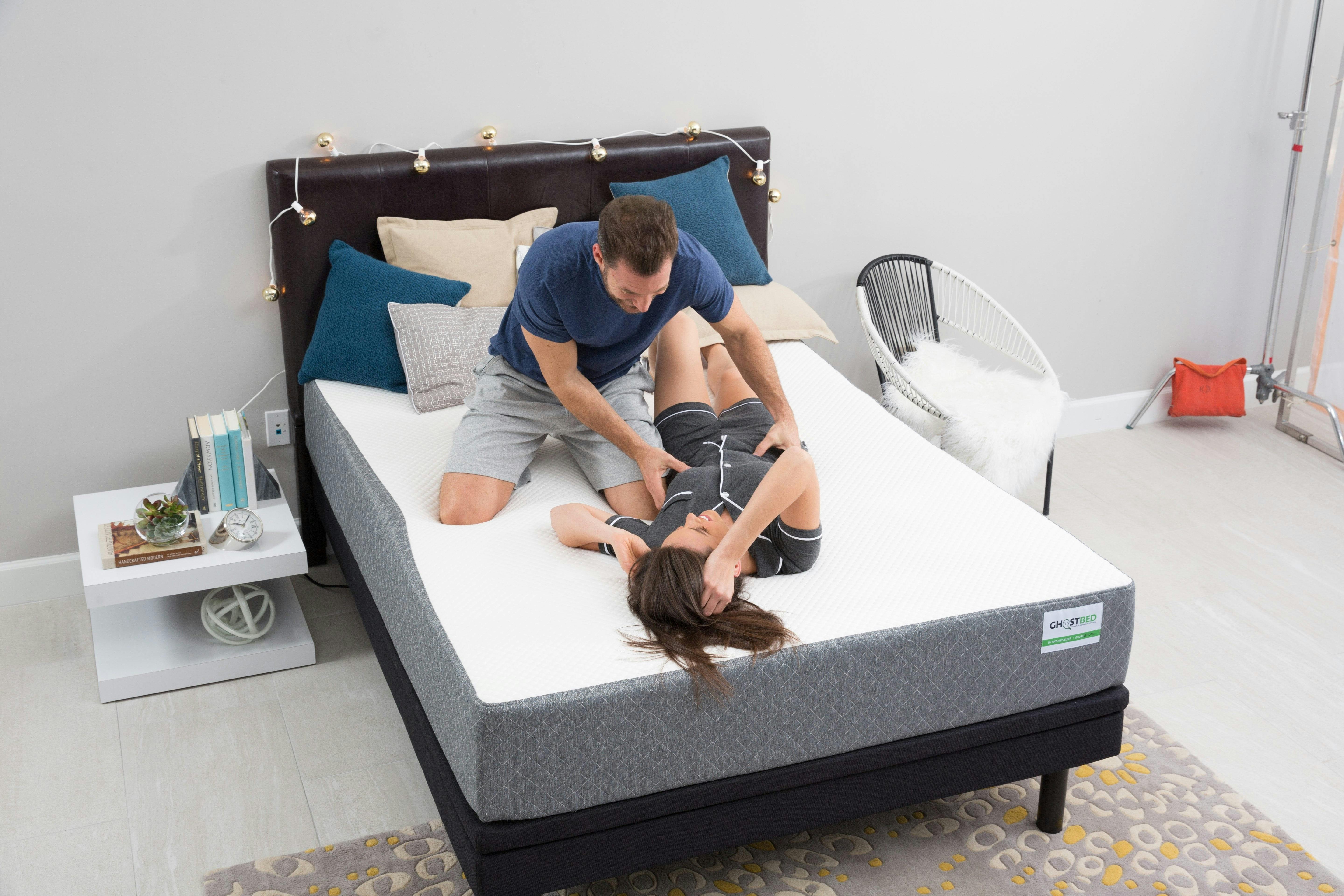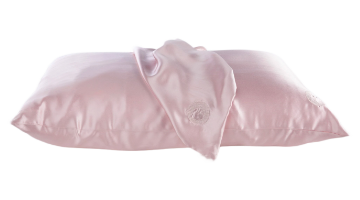Easy Guide to Determining How Much Sleep You Need
Last Updated on April 11, 2025
by Marc Werner, Founder - GhostBed
With sleep taking up about a third of one’s day people will often ask, how much sleep do I need when seeking
more time for work and activities? Sleep is vital in achieving a healthy lifestyle but the needs for sleep vary with
age, as well as with each independent individual.
Sleep quality is of utmost importance as it disturbs your everyday health both mentally and physically. Not enough
sleep will have an adverse impact on health including the heart, brain, immune system and even cause weight gain.
Without enough sleep productivity and creativity will be affected as well.
Determining How Much Sleep You Need
I. Sleep Needs by Age Group
II. Figure Out Amount of Time Needed To Fall Asleep
III. Needing an Aid to Wake Up
IV. Determine How You Feel Throughout the Day
V. Calculate Your Ultimate Sleep Need
VI. Tips to Improve Sleep
VII. Conclusion

I. Sleep Needs by Age Group
Although eight hours is often considered the standard amount of sleep, needs vary by age. Based on a review of 864 scientific articles, the American Academy of Sleep Medicine has established sleep duration recommendations for individuals from newborns to young adults, providing guidelines tailored to specific age groups.
II. Figure Out the Amount of Time it Takes to Fall Asleep
Figuring out how much time it takes for you to actually fall asleep will have an impact on how much sleep you need.
Some fall asleep the moment they their head on the pillow. Others will toss and turn attempting to get shut-eye.
Experts note that ideally it should take 15 to 20 minutes for one to fall asleep. It is important to understand as
well that if you are falling asleep before making it to the bed it is time to acknowledge that you are probably not
getting enough hours of sleep needed.
III. Needing an Aid to Wake Up
If you wake up bright eyed as an alarm goes off, or right before, it most likely means that you are getting the optimal sleep needed. The brain understands the body and its needs. For those shocked up from slumber, and hitting the snooze button multiple times, it is obvious that your body is yelling at you that you are not getting the sleep required.
IV. Determine How You Feel Throughout the Day
When attempting to figure out just how much sleep your body is asking for you will want to ask yourself how you are
feeling overall. By writing in a sleep diary, or keeping records using a sleep app, you can keep a log of your sleep
habits.
Write down the time you go to bed and the time you wake. In addition, write about how you are feeling throughout the
day. Watching for patterns of tiredness and stress can determine that your body needs more sleep. You can then
adjust your slumber times accordingly.
V. Calculate Your Ultimate Sleep Need
Although there is probably a time you must get up, whether for work, school, or to take care of loved ones, the time
for going to bed can often be adjusted to allow for the optimal hours of sleep needed. The chart can give an outline
as to approximately how much sleep is needed, but one can use math to answer the question how much sleep do I
need.”
Dr. Oz refers to the Perfect Bedtime Formula for calculating the four-step process to figure out just how much sleep
your body needs:
- Understand that the regular sleep cycle is about 90 minutes long.
- There are 5 sleep cycles each night for the average person.
- By multiplying 90 minutes by the 5 sleep cycles you will get 450 minutes. Divide the 450 by 60 (60 minutes in an hour) and you will find that 7.5 hours of sleep is needed.
- Determine your time needed to wake up and then count 7.5 hours back to determine the time you should be going to bed.
If you fall asleep the moment to go to bed and rise right before the alarm clock chimes, then you have found your perfect sleep time needs. If you find that the alarm is blasting and you are still in need of sleep then it means bedtime should be a bit earlier. If this occurs Dr. Oz recommends moving bedtime back in increments of 15 minutes each day until you find the sweet spot for your own unique sleep requirement.
VI. Tips to Improve Sleep
There are various ways to improve sleep to get the proper sleep needed. Taking steps to improve your surroundings and daily habits can help with getting a good night’s sleep.
- You will want to make sure that your mattress is not too old with sagging problems and springs poking at you. A memory foam mattress of a universal firmness can be your new best friend when it comes to sleep time.
- Just as you need to keep to a schedule during the day for work and home life, it is important to stick to a sleep schedule as well. Try your best to go to sleep the same time, and rise the same time each morning, even on days off.
- Keep the bedroom at a perfect cool temperature. Experts suggest that 60 to 67 degrees Fahrenheit is the best temperature to promote sleeping well.
- Stay away from alcohol and caffeine before bedtime. These can work to keep one awake and not give the quality of sleep needed.
VII. Conclusion
Through understanding your specific needs, and using math to calculate sleep patterns and behavior, you can easily determine just how much sleep you require. Make sure that you have a great mattress, pillows and bedding to make your bedtime as comfortable as possible.
Marc has spent the last two decades designing & manufacturing mattresses and other sleep products, drawing on a lifetime of experience working with the material sciences. With several patents to his name, he works closely with the GhostBed team to create products with the perfect balance of comfort & support. Learn More




